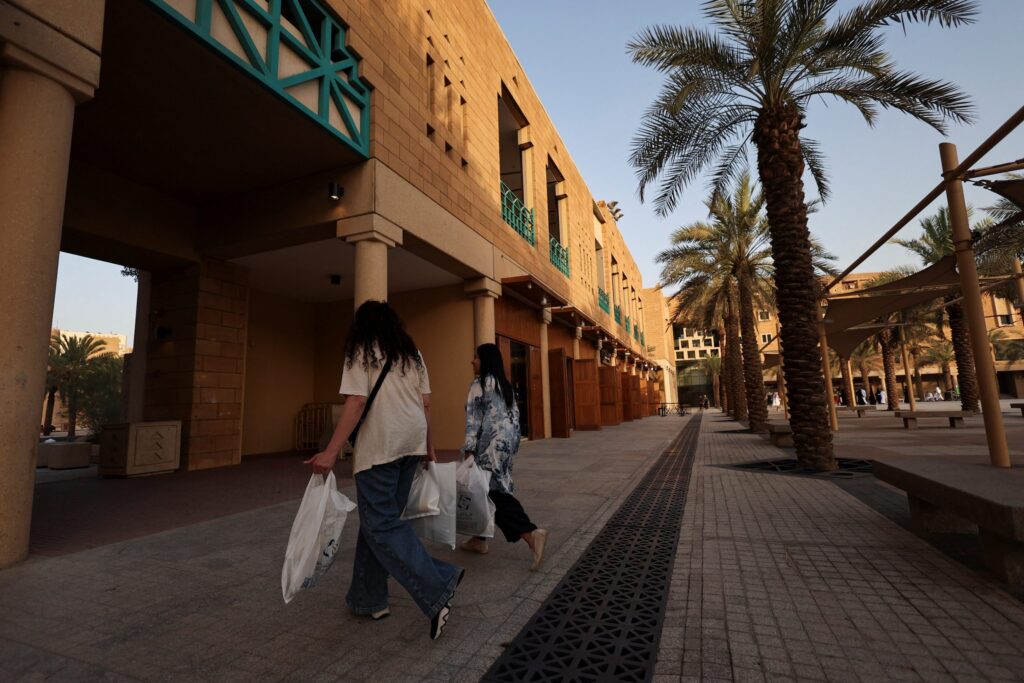Current account deficit widens
IMF praises work to widen tax base
The International Monetary Fund has praised Saudi Arabia’s resilience after a mission to the country, calling on Riyadh to continue its economic reforms despite the declining oil price.
Brent crude was trading below $65 a barrel on Thursday, down from an average of $81 in 2024, as tensions between Israel and Iran persist.
The oil price drop has contributed to Saudi Arabia’s widening current account deficit, which went from a surplus of 2.9 percent of GDP in 2023 to 0.5 percent in 2024.
The country recorded a 4.4 percent decline in oil GDP last year, driven by oil prices and the Opec+ production cuts.
Inflation and unemployment nevertheless remain low while non-oil GDP grew by 4.2 percent, the IMF said.
“Saudi Arabia’s economy has demonstrated strong resilience to shocks, with non-oil economic activities expanding, inflation contained and unemployment reaching record-low levels,” the fund said in its concluding statement on Thursday.
The IMF expects non-oil GDP growth to slow this year, but accelerate in the following years thanks to Saudi Arabia’s hosting of the 2029 Asian Winter Games, 2030 Riyadh Expo and 2034 World Cup.
Inflation should remain at a low of around 2 percent although the country’s external position is likely to weaken, the IMF said. Increased remittance outflows and the sustained low oil price are expected to widen the current account deficit.
Saudi Arabia’s low debt levels, its 17 percent net-debt-to-GDP ratio makes it one of the least indebted countries, will help it absorb these shocks, the fund added.
The IMF praised Saudi efforts to widen the tax base through measures such as the introduction of VAT and taxing unoccupied and under-developed land. It also credited the country with progress on reducing subsidies and rationalising public spending.
“The reform momentum should continue irrespective of oil price developments,” it said. “Ongoing work to strengthen the anti-corruption framework remains crucial.”
The IMF also warned against the risks of large government-backed entities, such as the $930 billion Public Investment Fund, crowding out private enterprises.
“Interventions by the PIF and public entities should continue to focus on areas where private investment is limited, market failures exist, or where they can play a catalytic role in attracting private capital, rather than potentially displacing domestic and foreign investors,” the IMF said.
It called for targeted interventions to “complement not replace” structural reforms and private sector investment.
Latest headlines from the Middle East conflict
For more news and analysis, go to our Iran-Israel page



